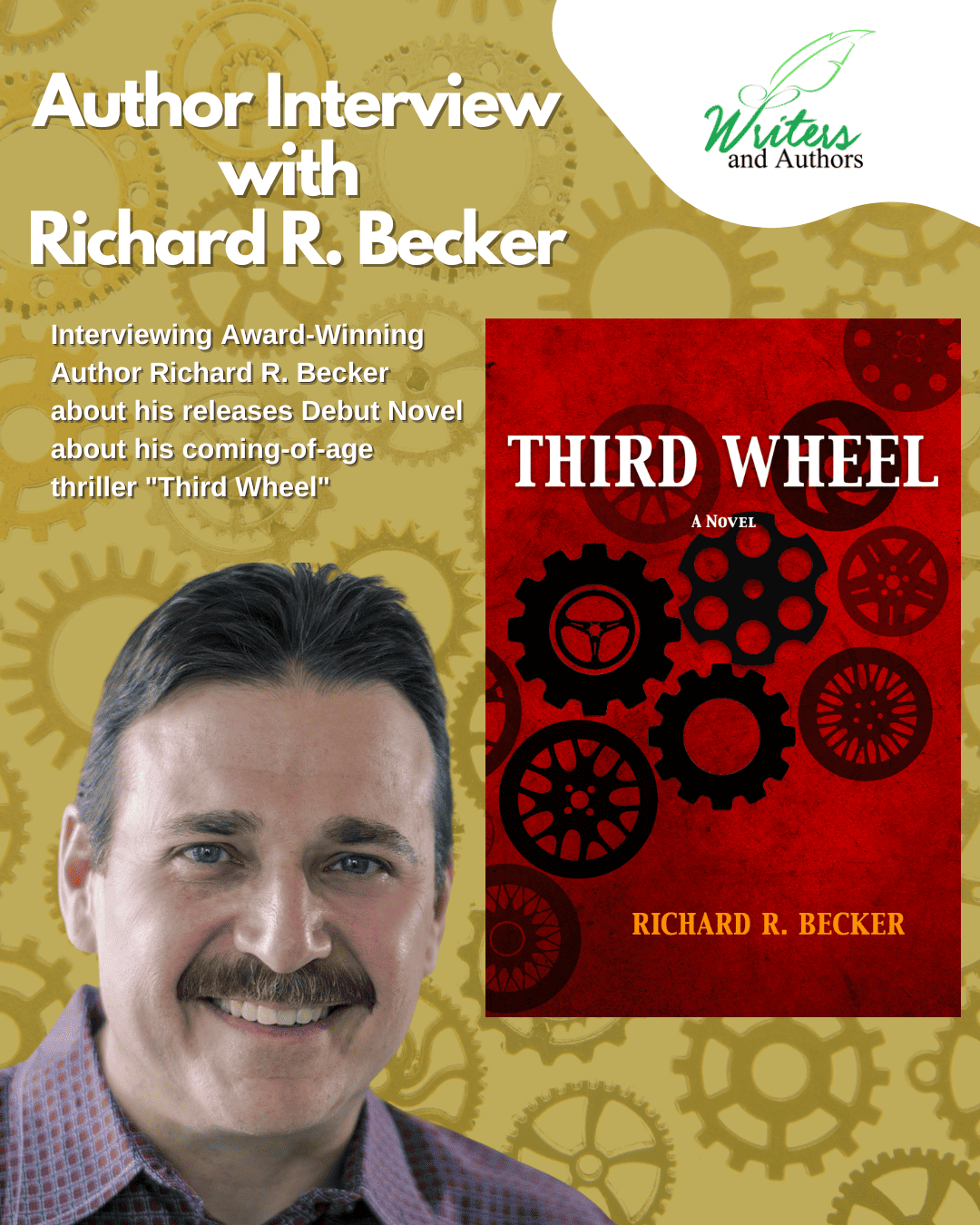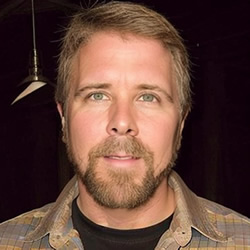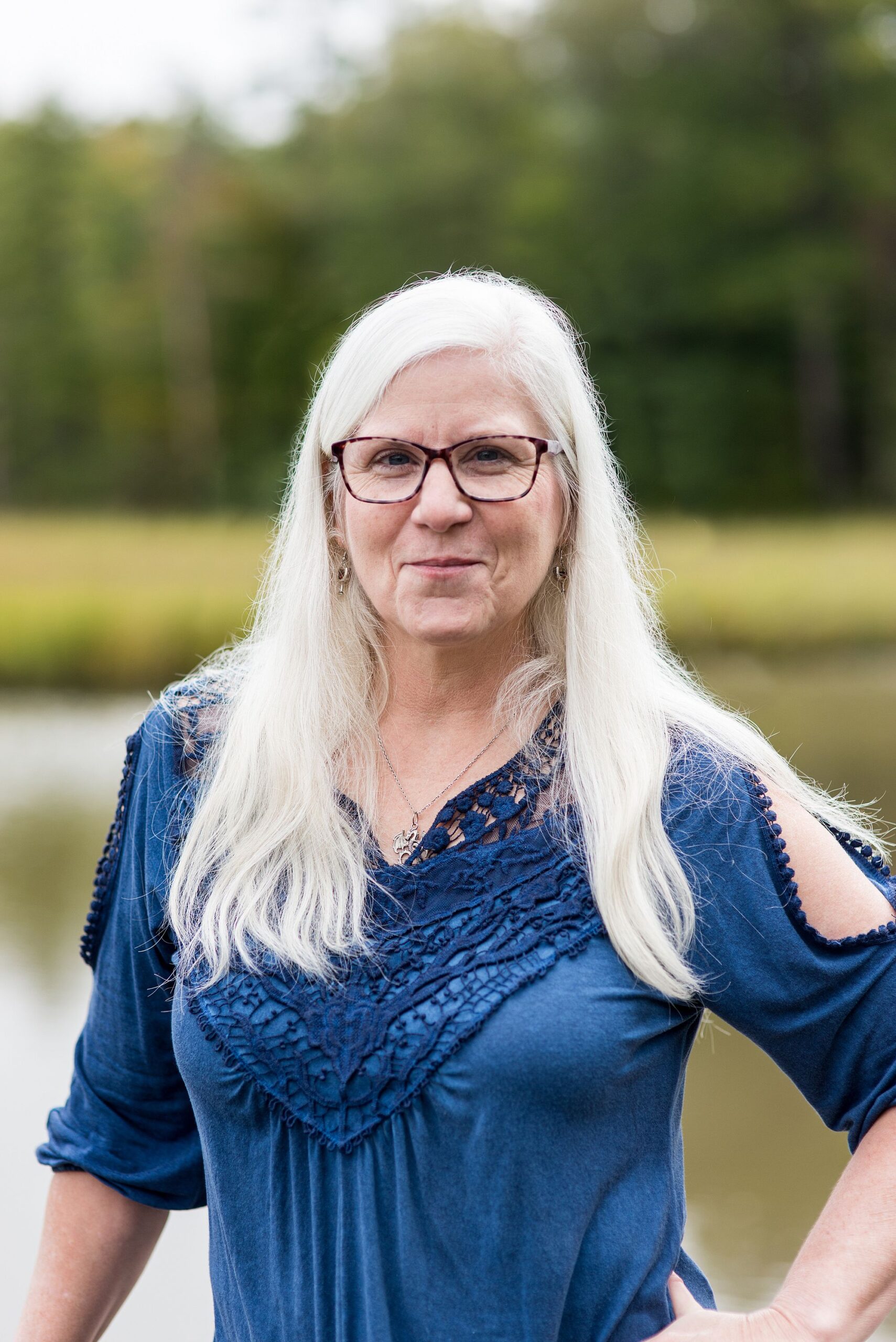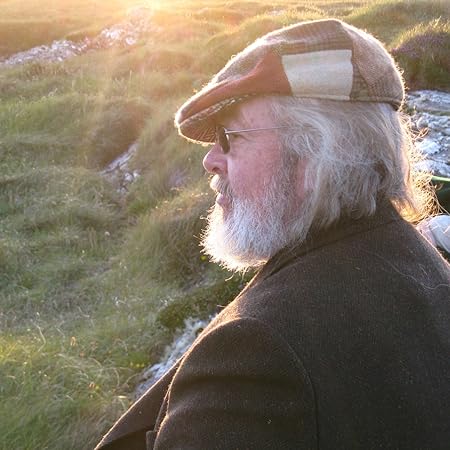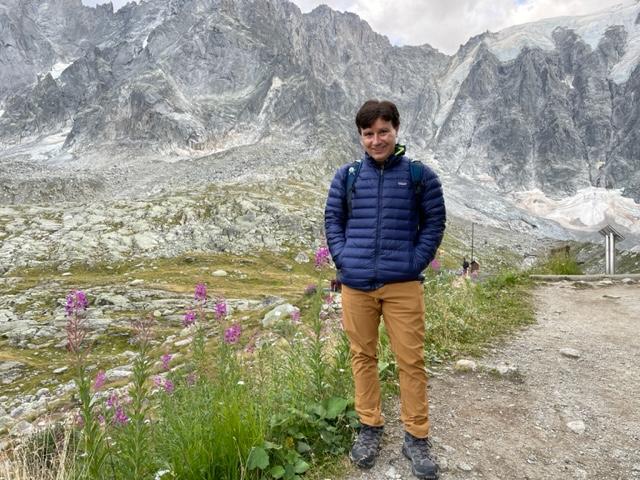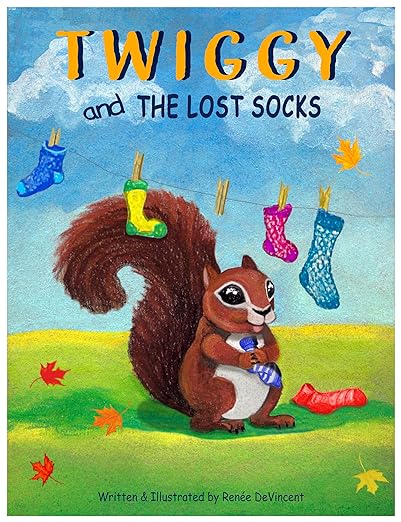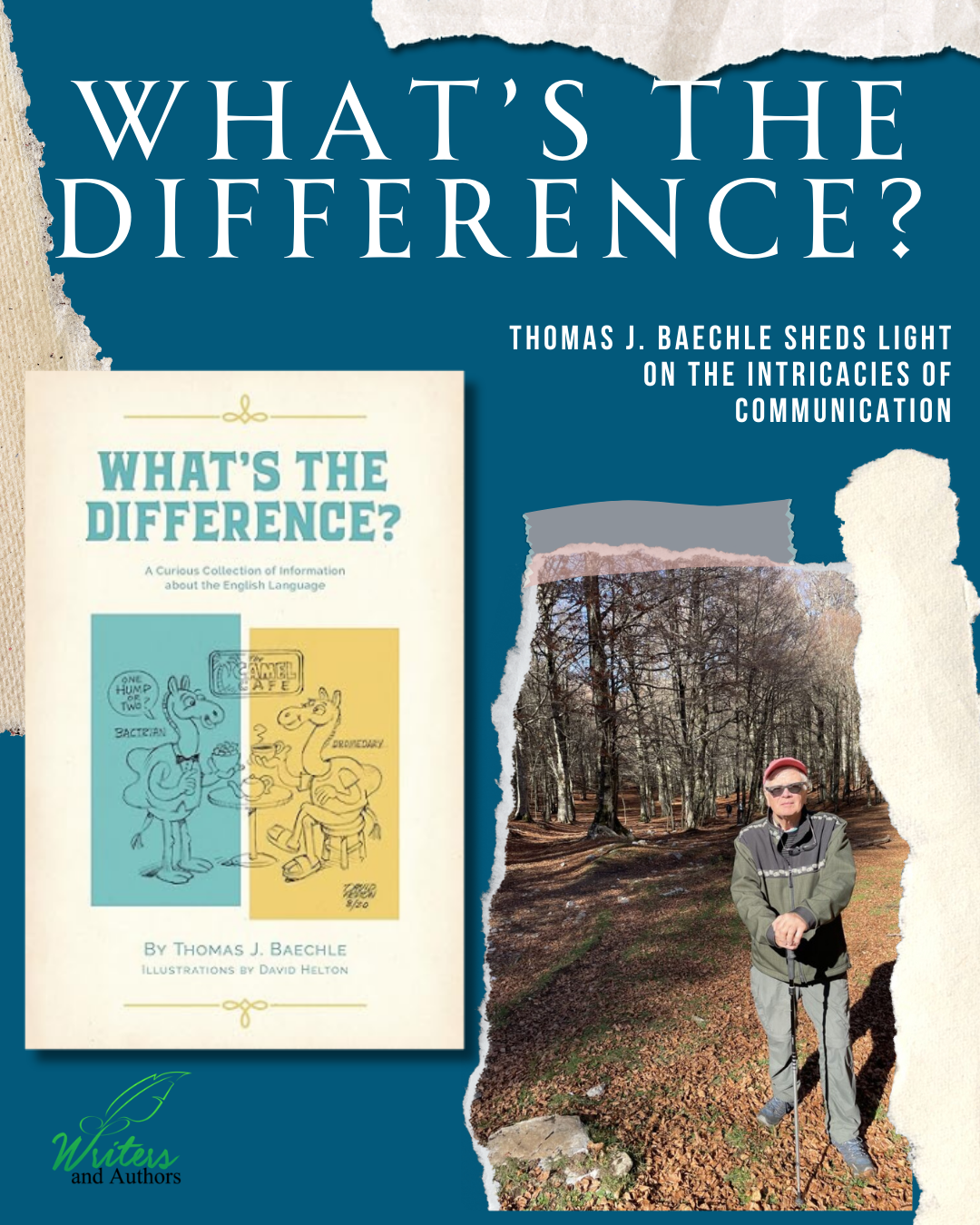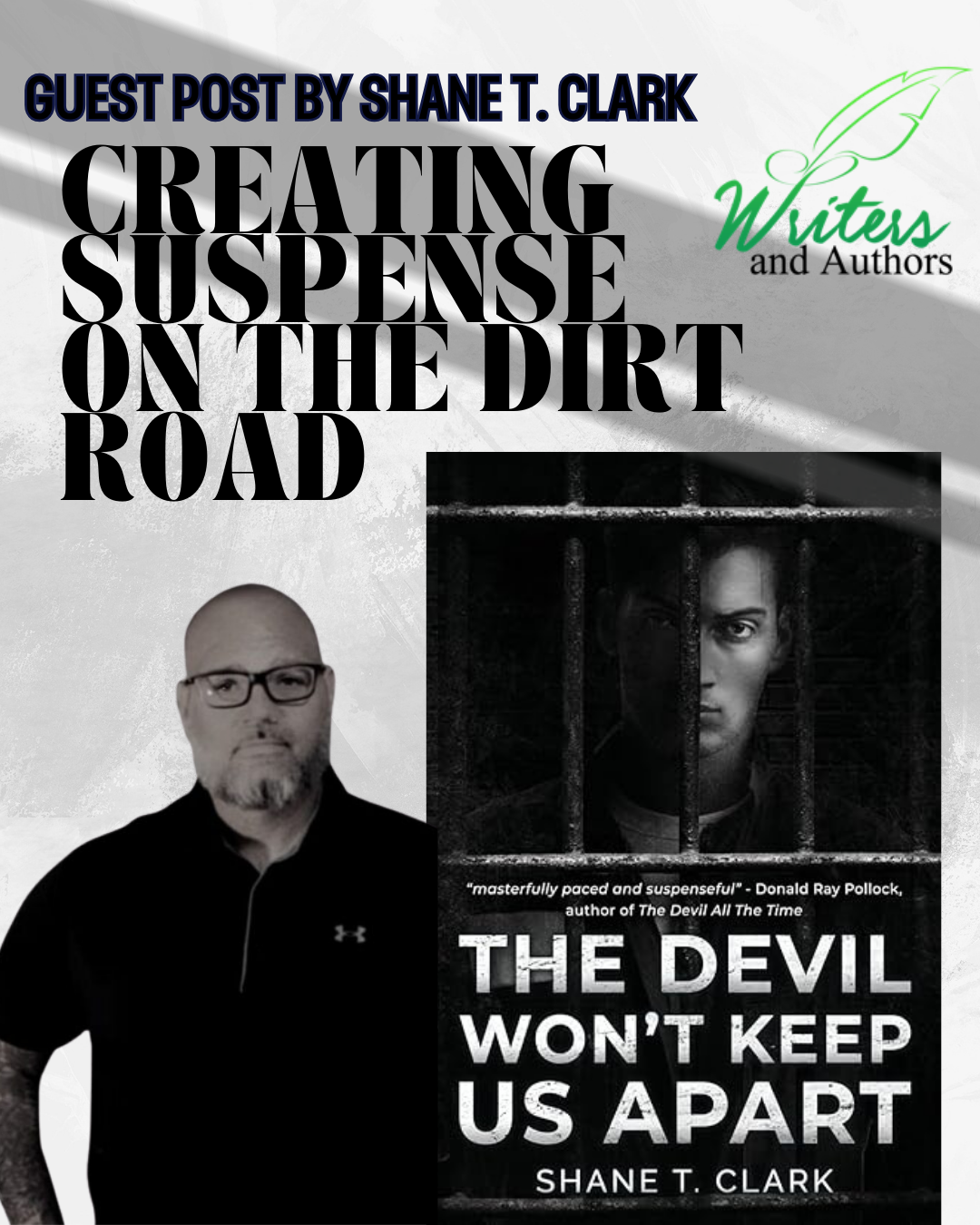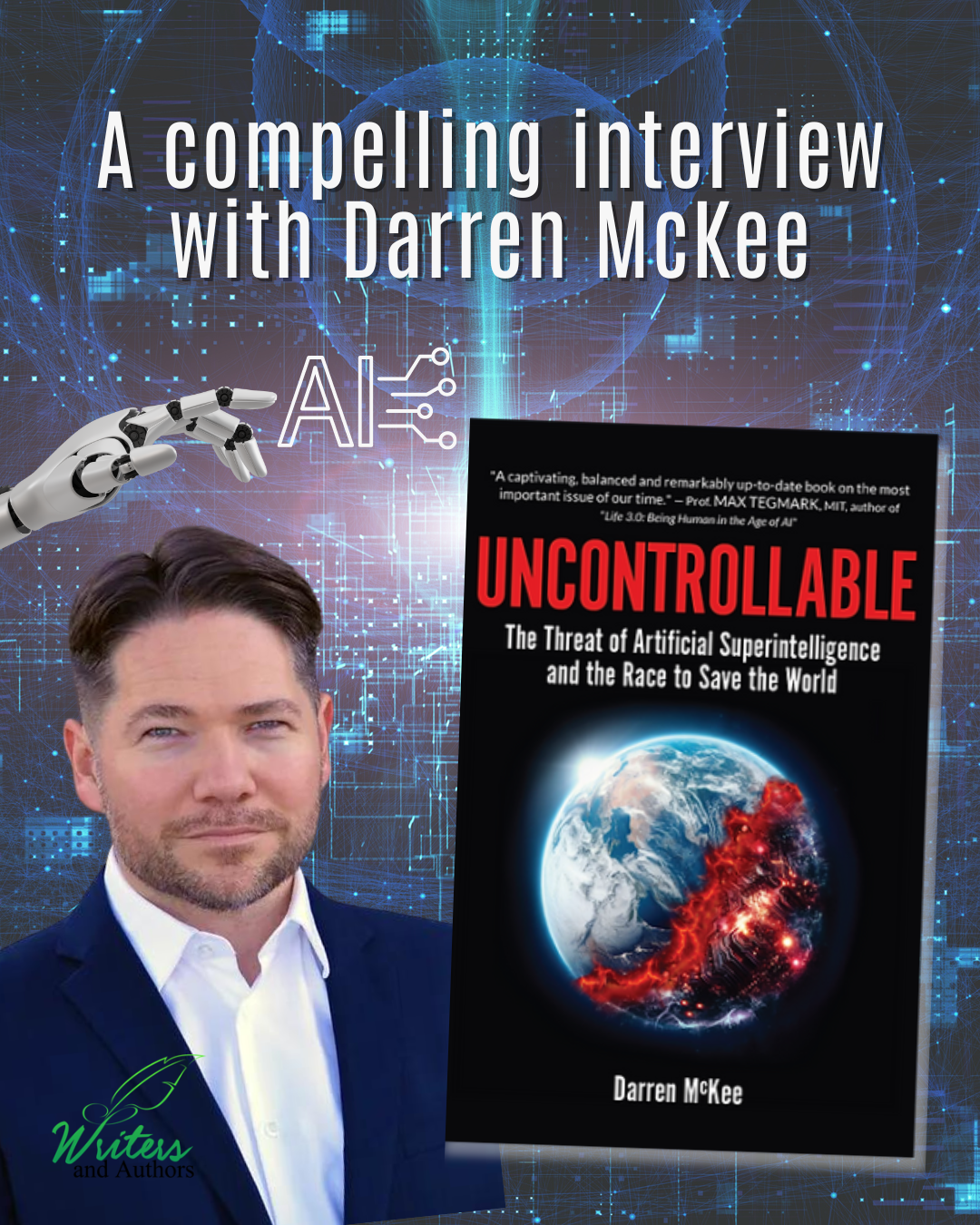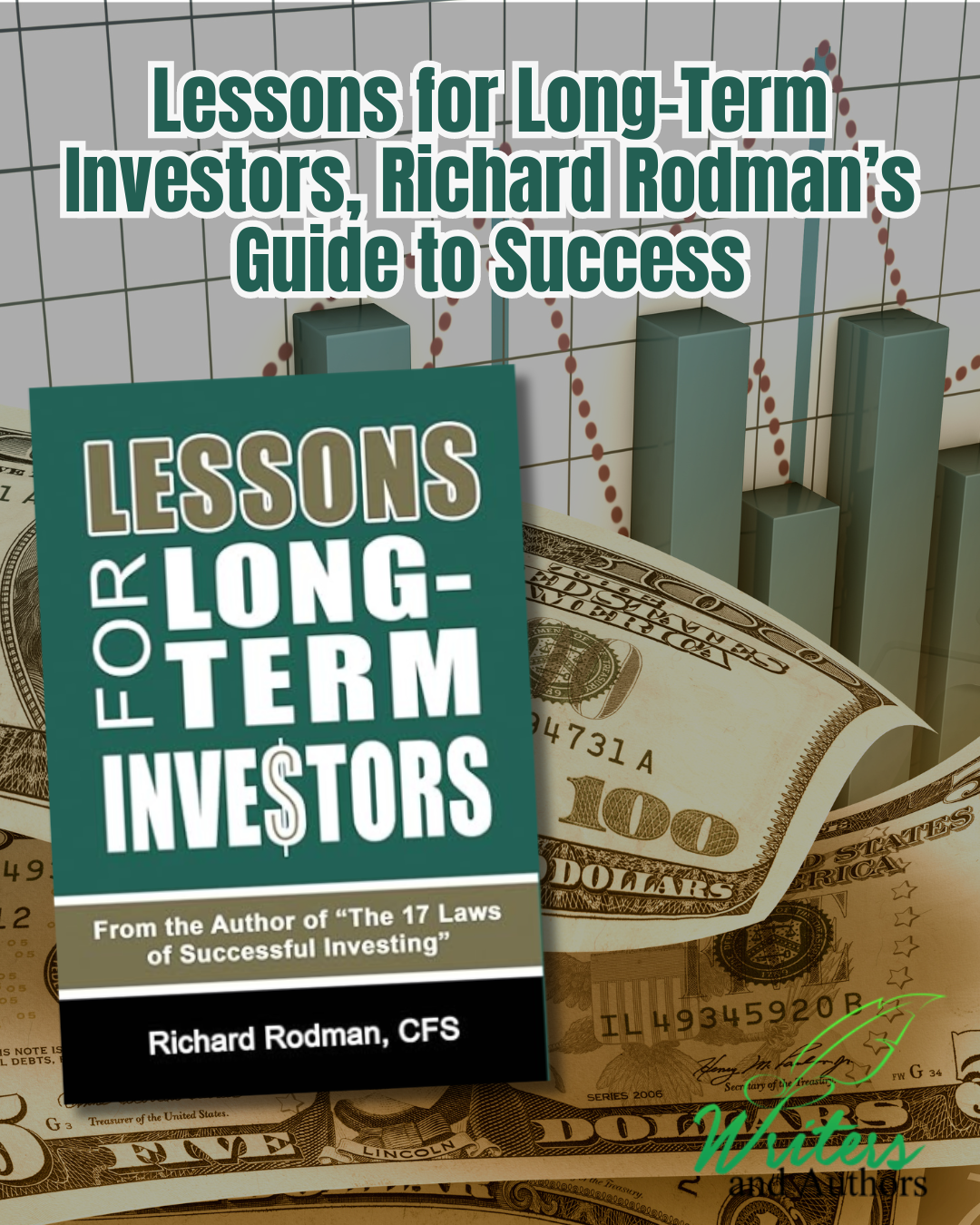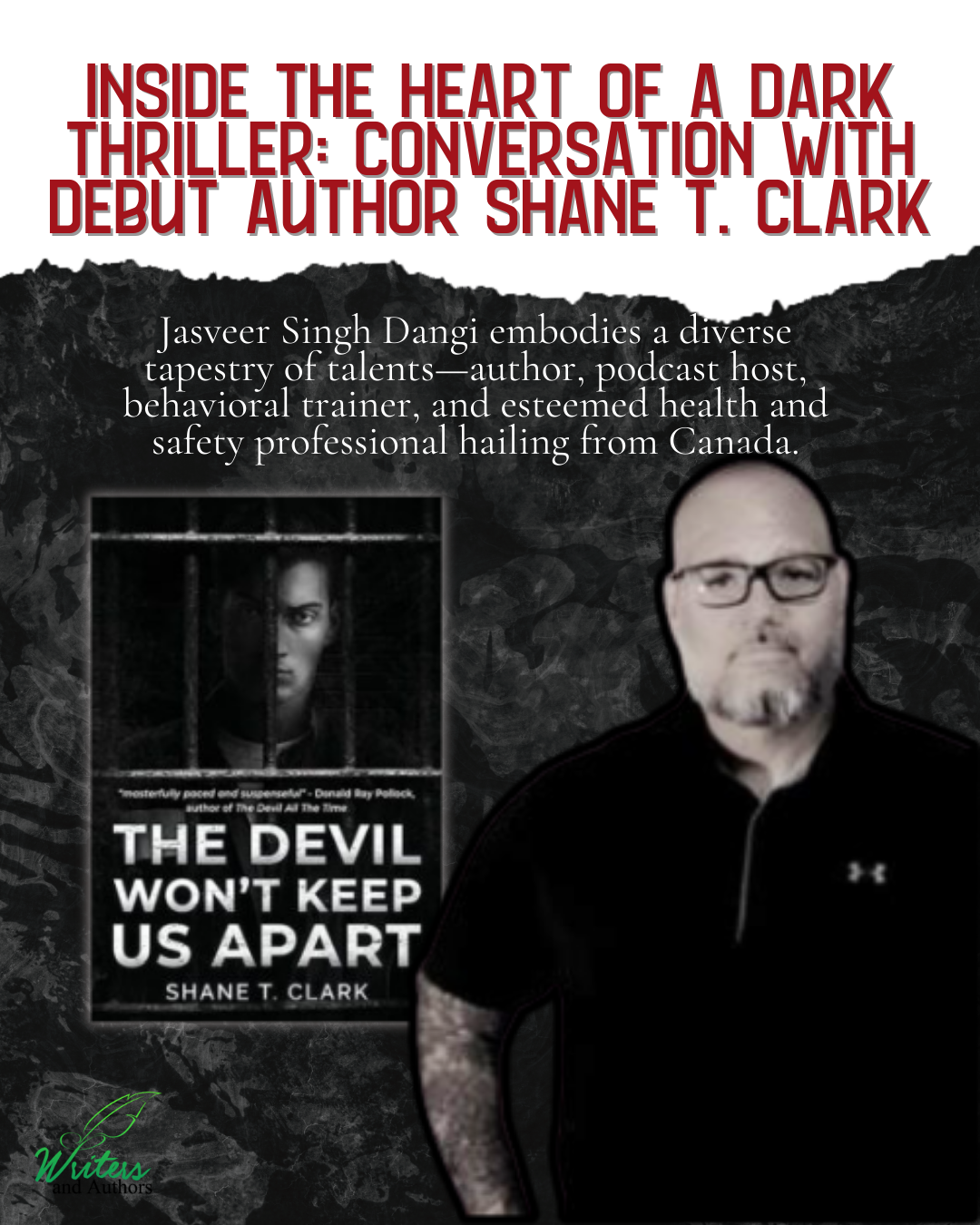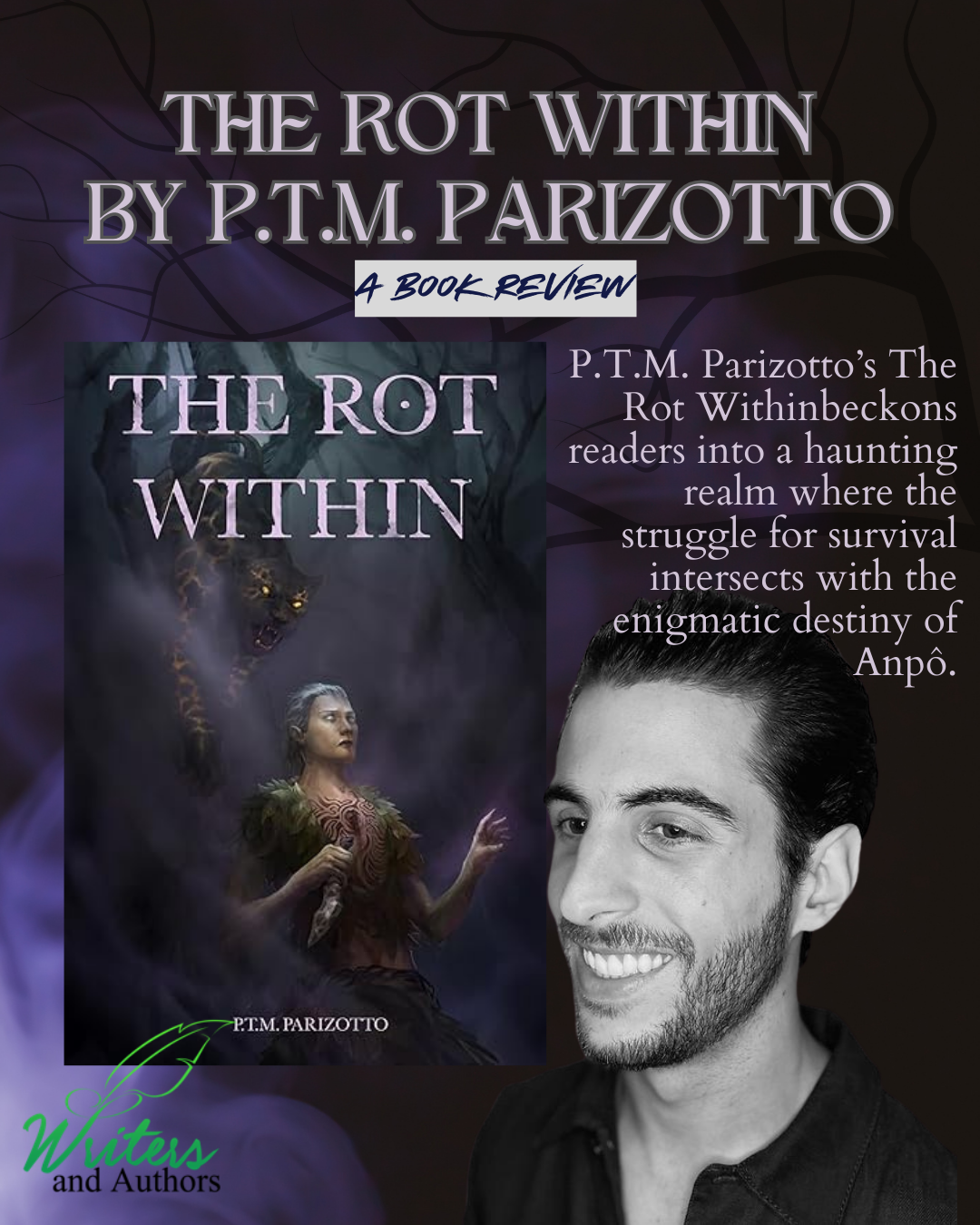Interviewing Award-Winning Author Richard R. Becker about his releases Debut Novel about his coming-of-age thriller “Third Wheel”
Title and Concept:
 Could you start by giving us a brief overview of “Third Wheel” and what inspired you to write it?
Could you start by giving us a brief overview of “Third Wheel” and what inspired you to write it?
Third Wheel chose me more than I chose it as a debut novel. It began a short story in a 10-story collection called Ten Threads. I originally intended to write 50 Threads as a follow-up to my best-selling short story collection, 50 States. But once I wrote the short story that Third Wheel is based on, I had to make a choice. Keep writing short stories, or follow Brady Wilks. I followed him.
What came out of it was a coming-of-age story about a 14-year-old boy. Brady is a Midwest transplant whose family relocated to Las Vegas in the early 1980s. After a brief stint with some misfits, he develops a friendship with an older neighbor, Mick, and a new friend group. This would be fine under normal circumstances, but the dynamic of this friend group changes when a drug-dealing kid named Alex gets involved. Alex pushes the group toward harder drugs, inviting them to join him in making a heroin deal with a drug cartel.
The title “Third Wheel” suggests a certain dynamic. How does this concept play into the story’s themes?
Third Wheel is an ideal title because Brady feels like a “third wheel” in all his relationships. Brady might consider Mick his best friend, but often feels their friendship is challenged by other teens who are closer in age to Mick. At home, he feels like a “third wheel” because Brady was raised by his grandparents before being reunited with his mother and her new husband and daughter, his younger half-sister. These feelings are part of the greater story in that Brady desperately wants to belong but never feels like he does, anywhere. He is the odd man out. He is the third wheel.
BUY NOW ON AMAZON
Character Exploration:
Could you tell us about the main characters in the book? What motivated you to create them, and how do they contribute to the suspenseful atmosphere?
Brady Wilks is the chief protagonist in Third Wheel, and everything is told from his point of view. While Third Wheel is fiction, I immediately connected to Brady because we share similar life experiences. He is a challenging character in that readers may not like him at first, but that is part of a being an unpredictable and memorable transformative character.
Mick is his best friend, but sometimes thinks of Brady as a younger brother for better or worse. He struggles with his own problems and believes drugs are the only viable way to escape them. Alex is a troubled teenager who started dealing drugs as a means to feel in control of his life. Cheryl is a recently graduated teenager whom Brady meets at a party. She is trying to cling to her high school experience and likes Brady, which is problematic because she is four years older than him and doesn’t know it. Brady’s mother is a foil in that she wants to control Brady under the guise of protecting him but also harbors an ongoing resentment toward his deceased biological father.
The relationship dynamic between each of these characters and Brady lends itself to a suspenseful novel because all of them, even supporting characters, have very different motivations and intentions. Any of them could disrupt the direction of the story at any time.
Without giving too much away, can you give us insight into the psychological struggles your characters face?
The book never directly addresses it, but Brady suffers from an underdeveloped identity. He didn’t have a strong sense of self while being raised by his grandparents, and moving into a preexisting family didn’t meet his expectations or help him find himself. On the contrary, the new home environment worsened things because his mother wanted to change him, creating a problematic identity crisis.
Themes and Motifs:
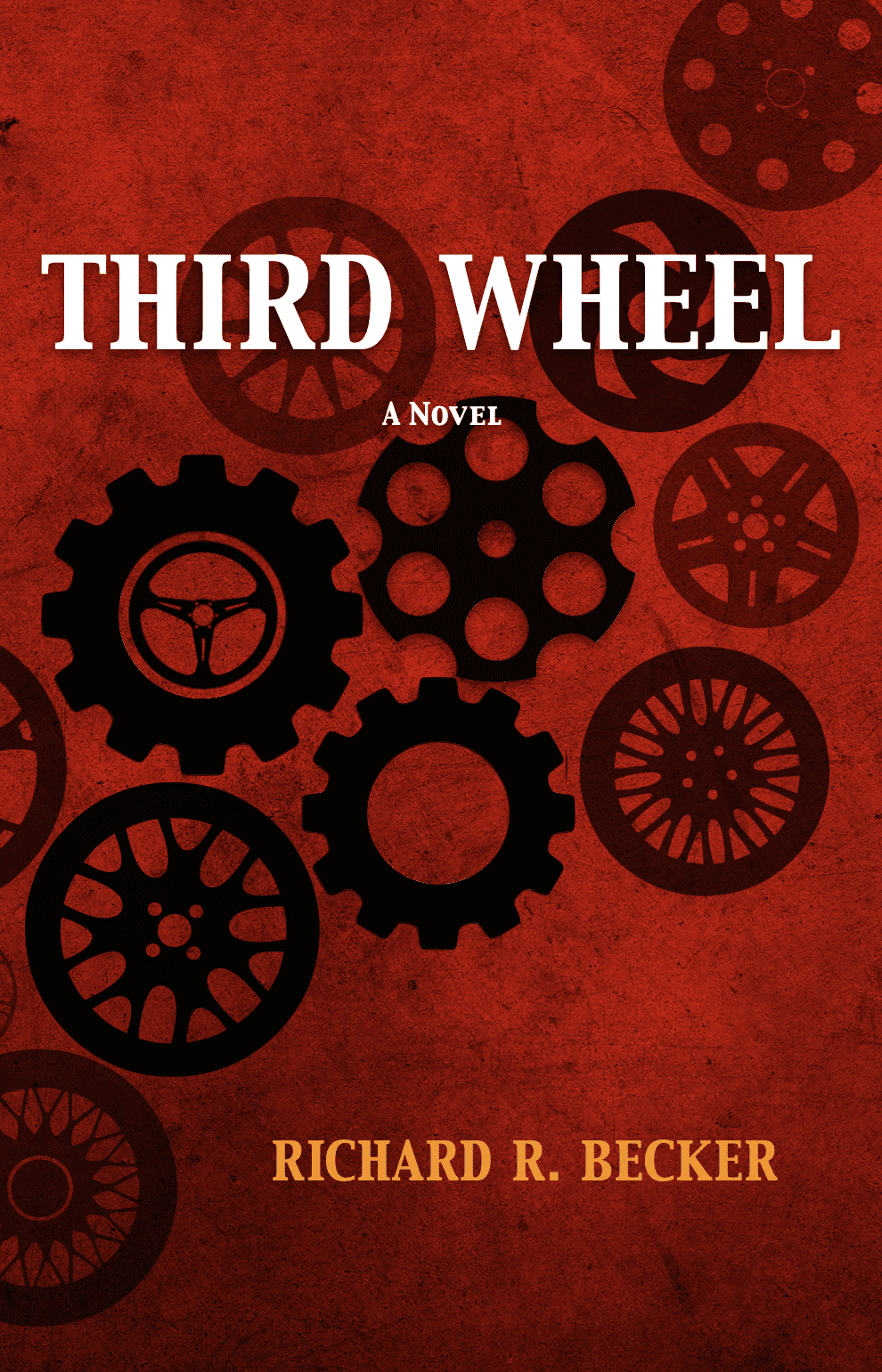 Psychological fiction often explore deep psychological themes. What themes does “Third Wheel” delve into, and why were these themes important to you?
Psychological fiction often explore deep psychological themes. What themes does “Third Wheel” delve into, and why were these themes important to you?
Third Wheel explores self-identity, belonging, and betrayal. It’s an exploration of a kid who has no clearly defined role models and has to navigate life independently. For him, the stakes are incredibly high because they involve life-threatening consequences.
Can you discuss any recurring motifs or symbols that readers should pay attention to as they read the book?
Since Brady doesn’t have mentors or enough real-life experiences to cope with the challenges he faces, he sometimes tries to see the world through the lens of the role-playing game Dungeons & Dragons, books he has read, and theatrical plays he was exposed to in high school.
There is also a hidden, symbolic element tucked inside the book. The chapter titles hint at a playlist of songs from the late 1970s and early 1980s. The songs themselves contribute to the mood of each chapter.
Building Suspense:
Creating suspense is crucial in a thriller. How did you approach building tension and keeping readers engaged throughout the narrative?
What works exceptionally in Third Wheel is that Brady’s intention is remarkably innocent, but the conflict keeping from it is, perhaps disproportionately, high stakes. He wants to belong and be loved, but the price of acceptance is significantly higher than what he was originally led to believe. It becomes a question of how much someone is willing to risk or endure for friendship or a place within a family.
Are there any specific writing techniques or strategies you employed to maintain a sense of unease in the story?
The story organically evolved like a braided hair, plots and subplots woven together in such a way that they keep readers engaged. Sometimes seemingly random events find their place of importance later in the story, creating the feeling that anything can happen and, yet, it all makes sense when something does happen.
Narrative Structure:
Thrillers often play with narrative structure to keep readers guessing. How did you structure “Third Wheel” to enhance its suspenseful elements?
There are several plots and subplots. Sometimes toggling back and forth between one and another creates an added sense of suspense in that every chapter, no matter how complete, is a also cliff hanger. The challenge, of course, is that you never want a chapter to feel like an interruption to the central plot. Everything must be essential to the story being told.
Did you use any narrative devices, such as unreliable narrators or nonlinear timelines, to manipulate the reader’s perceptions?
This is a tricky question to answer because most readers will want to believe everything Brady says as truth. While he is more honest with them than anyone else in the book, Brady is an unreliable narrator.
BUY NOW ON AMAZON
Psychological Exploration:
The genre often delves into the complexities of the human mind. How did you research and approach the psychological aspects of your characters’ behaviors?
I chiefly drew on personal experience, along with college and post-university studies. While my degree is in journalism, I have a minor — two classes short of a secondary degree — in psychology. I’m familiar with some of the psychological challenges the characters face, especially Brady as someone with an underdeveloped sense of self and his mother, who exhibits some characteristics of a non-violent psychopath.
Were there any psychological theories or real-life cases that influenced the development of your characters or plot?
Aside from personal experience and educational study, I researched news stories and educational material that Brady would have had access too in the 1980s. Brady references this material when he attempts to make sense of right and wrong, good and evil. One involves a school shooting that occurred in Las Vegas. Another involves his limited knowledge of native Americans. Another relies on what he sees on the news.
Atmosphere and Setting:
Settings can contribute significantly to the mood of psychological fiction. How did you choose the locations for “Third Wheel,” and how do they enhance the story’s atmosphere?
While I’ve written stories that have taken place all over the United States, Third Wheel was a Las Vegas novel. What made it especially appealing to write about Las Vegas was that I could write about the one I know rather than one most people perceive in their mind’s eye. The action never takes place on the Las Vegas Strip or in casinos. It mostly takes place in the outlying suburbs and surrounding desert.
Third Wheel also takes place at a time when the Mob was losing control of Las Vegas. Alliances between the Mob, law enforcement, corporations, cartels, and feds were in flux during the 1980s.
To put that in perspective, Third Wheel takes place in the summer of 1982. Frank “Lefty” Rosenthal’s car was bombed in the fall of 1982, which some people might remember from the based-on events movie “Casino.” While Third Wheel only brushes up against the events that were unraveling in Vegas at the time, it provides a relevant backdrop for what happens.
Can you describe the role that the environment plays in influencing the characters’ psychological states?
In 1982, Las Vegas was a tiny town in a big city envelope. There were only 250,000 people living there, mostly transplants from other parts of the United States (and world) with wildly diverse backgrounds, but the town would swell to what felt like double or triple its population with all the visitors coming into town. On the one hand, everybody knew everybody. On the other, nobody knew anybody.
Reader Experience:
What kind of emotional and psychological experience do you hope readers will have while reading “Third Wheel”?
I’m hoping readers feel very uncertain about the protagonist at the start. I want them to wonder whether or not they like Brady. And then, as they experience his fears, desires, and vulnerabilities, I hope they feel sympathetic enough to root for him.. If they do, then they’ve taken the same journey Brady Wilks takes. He doesn’t like himself and must experience everything he does before he is able to develop some sense of self-worth. The only question is wether he is too late or not?
Is there a particular message or takeaway you’d like readers to find in the story?
As a work of fiction, I’m primarily interested in entertaining readers. But if I had to pick one thing, especially for anybody who needs to hear it: It’s never too late, until it’s too late. What I mean by that is: it’s never too late to change your circumstances unless you have waited so long those circumstances become catastrophically fatal.
If you are in a situation of abuse, get out. If you are in with the wrong crowd, get out. If you are stuck in a cycle or self-destructive behaviors, get out. It’s not too late.
Writing Process:
Could you share a bit about your writing process for this book? Did you encounter any challenges, and how did you overcome them?
When I wrote my first short story collection, I set out to write 50 stories in 50 weeks by writing one story a week. I followed the same process once I committed to Third Wheel. I wrote one chapter a week for 24 weeks, writing as much as I could on Monday and then finishing the chapter by the following Sunday. Then the real work began — revising and editing it!
Sometimes writing about Brady Wilks was especially challenging because it meant revisiting pain points from my childhood. There comes a time in life when we think we’ve addressed all those demons of our youth and then, every once in awhile, we realize we didn’t. They are still there. So I would sometimes take a break, regain perspective, and remind myself that everything worth reading is painfully honest. Keep going.
How did you manage to maintain a balance between the intricate psychological aspects and the overall storytelling?
In this case, the psychological aspect of the novel is the plot line. This is a coming-of-age story which places the transformation of a character front and center. The action, all those elements that make it a literary thriller of sorts, are conflicts that keep Brady from getting the one thing he wants. In fact, it is safe to say that Brady is one of the few characters in fiction who is never allowed to get anything he wants. Only the things he doesn’t want are within reach.
BUY NOW ON AMAZON
Advice for Aspiring Writers:
What advice would you give to aspiring authors who want to write compelling psychological fiction?
If someone wants to write compelling fiction, it’s important to clearly define the protagonist’s intention and the conflict that keeps him or her from obtaining it. The conflict is what holds a reader interest. The intention is what makes it possible for readers to care. If an aspiring writer keeps this in mind while writing a story that is accurate, clear, concise, human, and conspicuous, they will produce something they can be proud of.
Are there any specific resources, books, or techniques that you found particularly helpful during your writing journey?
While my literary journey is only three years old or so, I’ve been a professional writer for more than three decades. I also taught writing at a university for 20 years before retiring from teaching classes.
I’ve always held that accuracy (avoiding mistakes that distract), clarity (writing what you mean), conciseness (practicing economy of language), being human (connecting on an intimate level), and being conspicuous (capturing memorable imagery) are the ingredients of great writing. Along with these five practices, I encourage writers to always keep learning. I’m an enthusiastic and eclectic reader, who is always looking to read the next great book. I’m always looking to learn from the best, most recently online classes that include Joyce Carol Oates, Walter Mosley, and David Mamet. And, I’m curious about a broad range of subjects that I can dig deep into to discover something new about the human condition. I have a passion for these things.
…The goal is to encourage him to share insights that provide a deeper understanding of “Third Wheel” and its psychological intrigue.
In part, this is what Third Wheel is about. It’s about the human condition. It’s about our desire to belong, and what happens to those of us who are betrayed by the very people we so desperately needed. What then? I’m not sure anyone find the answer to that question in Third Wheel, but they will find what that answer meant for Brady Wilks.
BUY NOW ON AMAZON
Connect with Author Richard R. Becker
https://bio.site/RichardRBecker
http://www.copywriteink.com/
https://www.facebook.com/byRichardBecker
https://twitter.com/RichBecker
https://www.linkedin.com/in/copywriteink/
https://www.instagram.com/richbecker/

